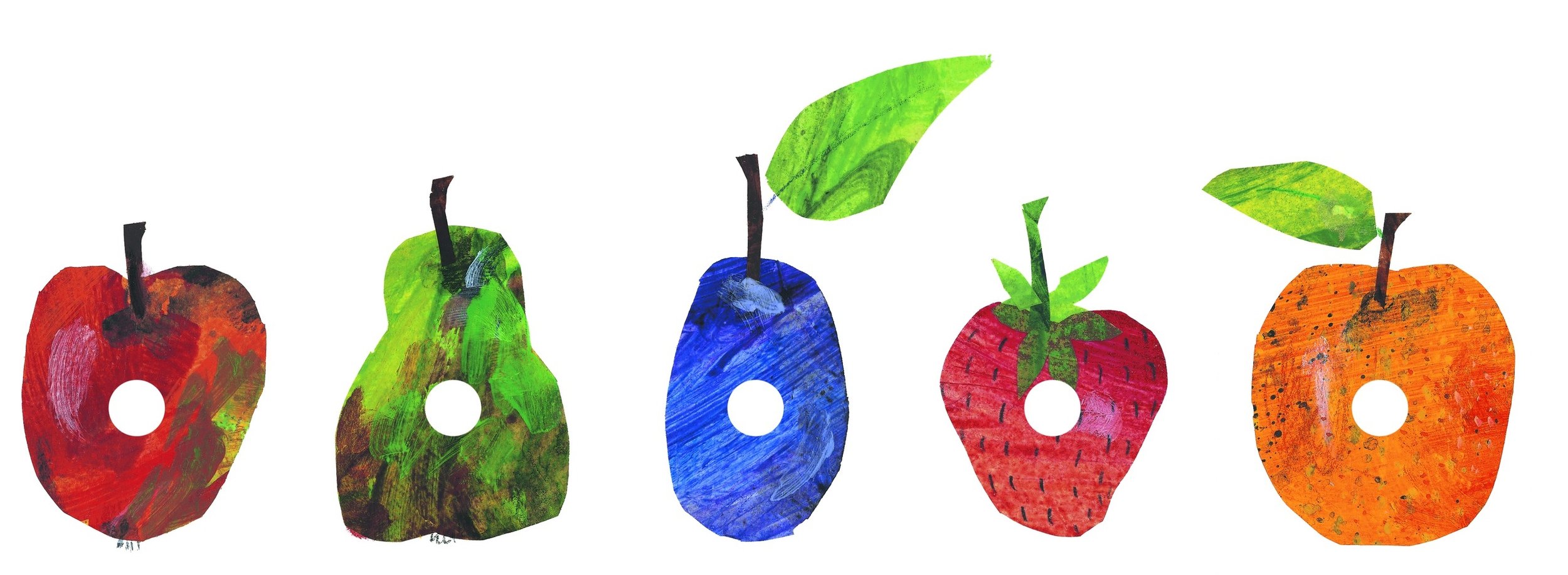🌱 Unlocking Prosperity 🌱
Your Small Farm's Roadmap to Success 🚜
GUEST AUTHOR
Clara Beaufort
Embarking on a small farm venture offers a unique blend of challenges and rewards. Not only does it afford you the chance to live close to the earth, but it also presents an avenue for financial gain. However, turning your small farm into a profitable enterprise requires a solid plan and precise execution. This Joy Xande article lays out important steps to help you navigate the complexities of starting and running a successful small farm. Your journey from a fledgling farmer to a savvy agricultural entrepreneur starts here.
Pinpoint High-Demand Produce
Determining what the market needs should be your first course of action. This will require a bit of market research. By understanding local trends and demands, you can identify which crops or livestock will most likely sell. The goal here is to target crops that not only grow well in your area but also command good prices.
Assess and Examine Land
Before you commit to a piece of land, make sure to get it professionally surveyed. Knowing the lay of the land helps you avoid potential disputes and recognize any existing risks or constraints. This is not merely for formality's sake; it is essential for planning your crops and other farm activities effectively. Keep in mind that this initial step can impact the long-term sustainability of your farm.
Forge Local Partnerships
@JoshSattinFarming | Selling at a Farmers Market - Tips & Tricks
Networking with local businesses can go a long way in ensuring your farm's success. By establishing relationships with local vendors, you can secure a steady stream of income for your farm.
@TheSeedsOfXanxadu | How to Get Certified to Sell in Farmers Markets
These could include local restaurants, farmer's markets, and grocery stores. Consistent and committed buyers are invaluable in providing cash flow for your burgeoning farm enterprise.
Your Small Farm's Roadmap to Success
||
Your Small Farm's Roadmap to Success ||
BETTERFARM
How Farms Can Benefit From
Partnering With Local Restaurants
By Emily Folk
Emily is a sustainability writer and avid gardener.-
Partnerships are often beneficial for small farmers interested in expanding their operation. They'll sometimes struggle to find enough outlets to sell all of their fruits and vegetables, but with a secured buyer, they're free to plant more crops at less risk. Their relationships with local restaurants can provide enough financial security to sustain their growth.
-
Katie Bloomfield, manager and owner of Q7 Ranch, partnered with a family-run eatery in the Chicago area called The Farmhouse Tavern. She found that her affiliation with the restaurant lent credibility to her operation, with customers actively seeking out her beef, chicken and turkey products. As more professionals like Katie strengthen their bond with the people they provide for, they'll bridge an increasingly dangerous gap.
-
Considering that a large volume of produce often travels 1,500 miles before reaching its destination, keeping resources within a community is a smart idea. The farm-to-table movement encourages customers to invest their money not only in delicious food but also in the place where they live. It's a cycle that ultimately profits all parties involved.
Choose a Specialty
Choosing a specialty for your farm involves considering what you're passionate about, market demand, and the sustainability of the practice. For those looking to cater to local markets and restaurants, specializing in produce can offer a wide array of options, from organic vegetables to rare heirloom fruits, providing both diversity and the opportunity for community engagement.
Worm farming is another intriguing avenue, appealing to those interested in sustainable agriculture and soil health, as worm castings are highly valued as an organic fertilizer. Beekeeping, on the other hand, not only supports the critical role bees play in pollination but also offers products such as honey and beeswax, with the added benefit of contributing to the preservation of bee populations.
Each of these specialties has its unique set of challenges and rewards, allowing farmers to align their operations with their interests and values.
Develop a Winning Price Point
Your pricing strategy is the backbone of your farm's financial plan. You have to take several factors into account such as production costs, market rates, and what your target audience is willing to pay. Remember, the idea is not just to cover your costs but to make a profitable enterprise. Pricing appropriately can make or break your farming business.
Your Small Farm's Roadmap to Success
||
Your Small Farm's Roadmap to Success ||
Construct a Robust Budget
A detailed budget is crucial for tracking your expenses and revenues.
It should encompass everything from seed costs to marketing expenditure. Regular check-ins on how well you are adhering to your budget are essential for long-term planning and immediate adjustments. A well-constructed budget is your roadmap to financial sustainability.
Learn to Battle Pests
To protect your crops from pests in an eco-friendly manner, consider using natural and sustainable methods. For instance, if Japanese beetles are a problem, rather than resorting to harmful insecticides, you can opt for specially designed traps that effectively capture them. Introducing beneficial insects, such as ladybugs, which prey on common pests like aphids, can provide a natural form of pest control.
-
A visit from a Japanese beetle on a rose bush leaves the plant damaged, with all the leaf matter eaten and only the skeletons of leaf veins left. By the way, it is a unique, telling feature that your plants are under attack specifically by the Japanese beetle’s infestation, as opposed to other beetles or insects.
Even grass does not escape their appetite for vegetation. In their larva stage, the Japanese Beetle lives underground and loves to chew on the roots of grasses and damage the plants to such an extent that they can die. You can see if your lawn harbors Japanese beetle grubs by the randomly spaced patches of yellow, dead grass.
Additionally, planting pest-repellent herbs and flowers, such as marigolds or basil, around your crops can serve as a safe and natural deterrent, keeping your garden healthy and free from unwanted pests.
Leverage Governmental Support
Various governments offer grants and tax credits designed to help small farmers get off the ground. Take time to research these options and apply for those that are a good fit for your enterprise. Not only can these grants give you some initial capital, but they can also make your farm more sustainable by lowering your effective tax rate. This is a key component in turning your farm into a profitable venture.
Embarking on a small farm venture is an exhilarating yet demanding undertaking. However, by diligently applying the seven key steps outlined in this article, you set yourself on a course for success. From identifying profitable crops to securing governmental support, each step offers its own set of challenges and rewards. Your dedication, coupled with smart planning, can make your small farm not just a labor of love but also a profitable business.
“I am the Lorax. I speak for the trees.”









